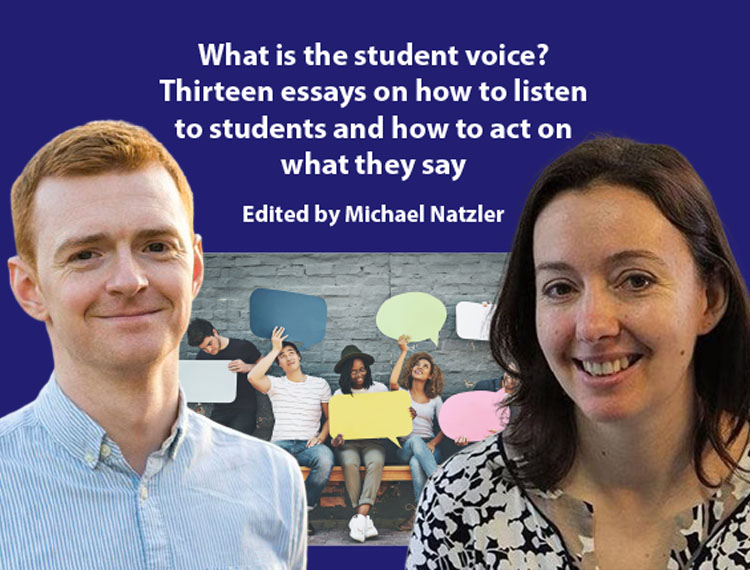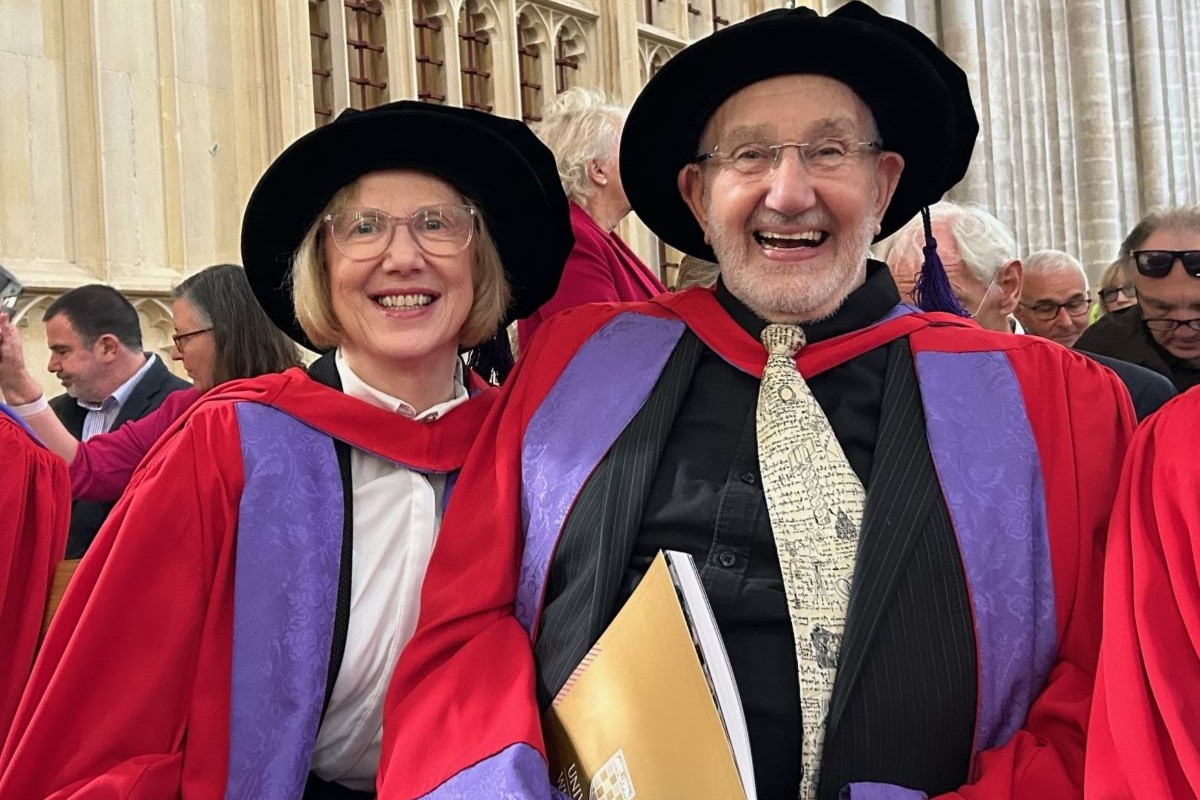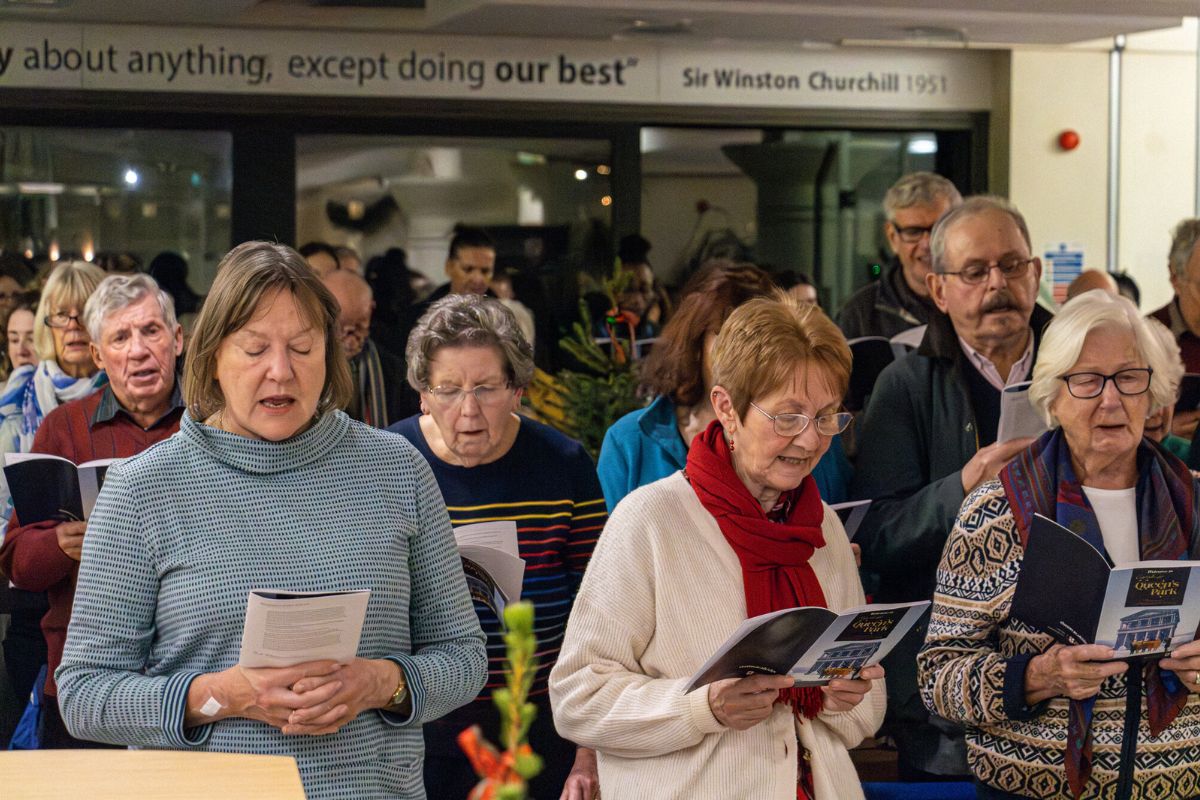The student voice and accommodation

Today’s students are powerful consumers, especially when this power is wielded as a collective.
This chapter explores the impact of that collective voice on student accommodation through both reviews and direct feedback.
The power of the student voice has helped move the discourse from one of ‘provision of bed spaces’ to a more student-centric and value- add view of student accommodation.
Within the private Purpose Built Student Accommodation (PBSA) in particular, it has prompted a renewed interest in student-centric product and service design.
The rise of customer reviews has been one of the most important trends in the hospitality industry over recent years. TripAdvisor has made it very difficult for poor quality hotels to remain in business and has guided more successful brands to hone their offering to better meet the needs of prospective guests. Indeed the power of customer reviews has played an important role in allowing Airbnb to disrupt the hotel and holiday lets market, relying strongly on reviews to drive up standards and to guide customer choice.
The power of reviews among students is best demonstrated by the results of the UCAS New Applicant Survey (2020), in which 78 per cent of respondents rated ‘online reviews by other students’ as important in the decision on where to apply, second only to university websites.
StudentCrowd was created to help students make decisions about their university, course and accommodation. Making their voice heard is central to why students engage with the platform. It has helped over 1.5 million students make decisions in the last 12 months and the most popular content is reviews on student accommodation.
With no real option to‘try before you buy’, prospective students put their trust in current students to steer their decision. Accommodation providers’ websites typically give plenty of factual information – location, price, facilities and so on – but reviews tell students what it is really like to live there, with no marketing gloss applied. To ensure the reviews can be trusted, StudentCrowd verify that reviewers are current students using university (ac.uk) email addresses.
This is especially important for international students, most of whom are unable to visit accommodation before they arrive. This is highlighted by a Quacquarelli Symonds (QS) report in which international students rated other students as being more influential than university staff when it comes to information about accommodation.
According to HESA data, in 2019/20, 22 per cent of students studying in the UK came from outside the UK, but during the same time period 34 per cent of StudentCrowd users were international students. Reading reviews is one of the only ways they and their parents can gain a candid and unbiased view of the place they will be living, in a strange country, for at least a year.
As well as being important to students themselves, this large-scale approach to the student voice is also of growing importance to parents. Parents have become more and more involved in research into university and accommodation choices over recent years. StudentCrowd found a greater than 600 per cent increase in parents researching universities during Clearing in 2020 compared to the previous year.
The impact of review sites on PBSA has also been profound, especially among private providers who are competing for students’ business. To put it simply, reviews wash our dirty linen in public. Poor quality buildings, weaknesses in service and low staff performance are hung on the line for all to see.
This of course has an impact on the bottom line of private providers and indeed of university accommodation teams who have budgets to meet. As far as we are aware, there is no existing research on the impact of the student voice on choice of accommodation. However, using generic consumer data from Temkin Group, Unite Students recently estimated that for every 100 unhappy customers, 50 would tell friends or family, 15 would give a bad rating or review and 14 would mention it on social media. Conversely for every 100 happy customers, 79 would recommend the accommodation to friends, family, via a review or social media.
Although largely invisible, word of mouth recommendations are particularly powerful; Martin Gellersteldt and T. Arvemo have found that they outweigh and even overturn the impact of online ratings when it comes to hotel bookings.
Word of mouth can be a hidden factor in the effectiveness of student accommodation marketing, but may be measured by proxy as noted below.
Students also make their voices heard via surveys, though in a less visible but more direct way.
The Global Student Living Index (GSLI), formerly the National Student Housing Survey, has also seen rapid growth in participation over recent years. Although feedback goes directly to providers rather than the public domain, an associated programme of awards highlights high performing accommodation based on student feedback.
Both the GSLI and internally-run accommodation surveys provide a measure of the impact of a good accommodation experience. The Net Promoter Score – a measure of how likely students are to recommend something – is a particularly popular measure with direct impacts on business or organisational performance. Across all industry sectors it has been proposed that a seven-point growth in Net Promoter Score equates to 1 per cent growth. Such is the power of the customer voice!
National level surveys such as the GSLI also provide insight into the developing needs of students with regard to their accommodation. Back in the early 2000s, the discourse around student accommodation was highly utilitarian.
HEFCE wrote about ‘bed spaces’ as a commodity that would support growth in student numbers and the 2003 higher education white paper had nothing at all to say on the matter. As a sector we now understand much more about what today’s students need from their accommodation in terms of community, belonging and mental health support and measure our performance in these areas accordingly.
For individual university accommodation teams and private PBSA providers, giving students a voice in product and service design is increasingly seen as best practice. Unite Students has involved students in the design process since 2015, resulting in the development of the Ambassador Scheme, many of the MyUnite app services and redesign of most student-facing processes such as maintenance and rental payments.
Its in- house Customer Panel, now in its fifth year, is in constant demand by internal teams seeking the student voice to guide improvements. Students have a voice in specification design and procurement, and the student voice is a regular item at the monthly Operations Board. Rather than asking them to ratify a decision that has already been made, the focus is on understanding their context, needs and preferences in order to develop better services.
The student voice – both collectively and individually – is highly valued within the student accommodation sector because it drives value.
Value for students who are better able to have their needs met and value for accommodation teams and providers who only remain viable if students want to book with them. In an era strongly characterised by peer-to-peer reviews and recommendations, there is simply no hiding place for a poor accommodation offer, but mutual benefit for those that are prepared to listen to the student voice.
And this stands true for the wider university experience: there is simply no hiding place for poor academic provision. The aforementioned UCAS statistic demonstrates that 78 per cent of applicants found ‘online reviews by other students’ to be important in their university application decision. Universities must listen to the student voice and engage with the student reviews. We have found the reviews provide real-time feedback for universities to help shape policy decisions and budget allocations and add a richer understanding of the student experience.
Jenny Shaw, Student Experience Director, Unite Students and Paul Humphreys, Founder and CEO, StudentCrowd
What is the student voice? |
|
Produced by the Higher Education Policy Institute and with support from EvaSys, What is the student voice? Thirteen essays on how to listen to students and how to act on what they say (HEPI Report 140) edited by Michael Natzler, is a new collection of essays which provides a range of views on what and where the student voice resides and how to listen and respond to it. The collection covers a wide range of topics from the role of sabbatical officers as governors to the National Union of Students, mature students and includes contributions from survey experts, sabbatical officers and a vice-chancellor as well as interviews with the Office for Students’ Student Panel. Including a chapter by Nick Hillman, HEPI Director, the chapters are:
|











Responses